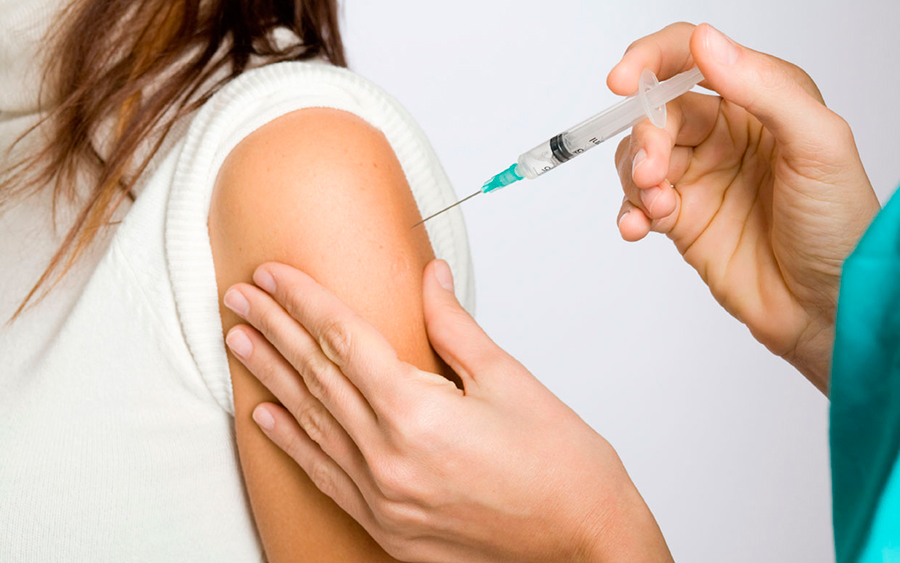The Centers for Disease Control and Prevention (CDC) recommended people to get vaccinated against flu despite this year’s slow start of the flu season.
The flu season, which typically begins around December holidays in most years, is now expected to hit its peak by next year on February, experts say. South Carolina has been the only exception due to its high percentage of people already infected.

But just because there is a delay, doesn’t mean that the sickness won’t eventually spread again. Although flu is not generally regarded as a life-threatening condition, it is still responsible for the death of thousands of Americans every year (ranging from 3,000 to 49,000 people over the last three decades), children and the elderly being the most vulnerable, along with people who suffer from different chronic illnesses or are undergoing treatments that weaken the immune system, such as chemotherapy.
In an effort to raise awareness, the CDC has suggested that everyone, from 6 months old and up, must get a flu shot every year.
It is believed that part of the reason why the flu season was delayed may have been related to the number of people who got vaccinated this year, allowing the population to develop herd immunity – if fewer people is prone of getting infected – the propagation of the virus decreases, which is why caretakers and close family of children younger than six months old, too young for the shot, are encouraged to vaccinate. This year’s flu shots are expected to be 60 percent effective.
“The flu vaccine products available this flu season are a better match to the circulation strains of influenza we are seeing than last year, so the protection provided should be better,” said a CDC researcher, warning that the flu activity in places like Virginia is still at a sporadic level, so there’s still time to get protected. The levels of propagation go from no activity and sporadic to local, regional and finally, widespread.
Representatives from the Centers for Disease Control and Prevention explained that there are different kinds of flu shots depending on the patient’s age or medical history; for example, pregnant women or people with chronic illnesses. They may not get vaccinated if they suffer from severe allergies to the shot or its components, or if they are under six months old.
Source: Daily Star Albany
